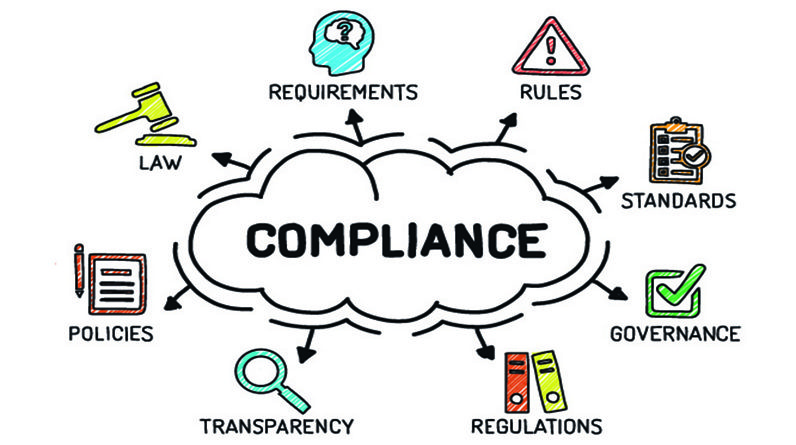- Katie Muhs, age 34, of Littleton, CO, was sentenced for her felony conviction for illegally obtaining fentanyl through fraud and deception while on the job as a Registered Nurse in a hospital’s Intensive Care Unit.
- Alicia Nickel-Tangeman, age 44, formerly of Woodland Park, Colorado, entered guilty pleas to four counts of obtaining controlled substances using fraud and deception while she was on the job as a Registered Nurse at a hospital in Colorado.
Ms. Muhs was employed as a registered nurse in the Intensive Care Unit at a hospital in Colorado in 2019 when she used her position to divert fentanyl, a schedule II controlled substance, for her own personal use. The defendant admitted that between June 2019 and September 2019, she stole fentanyl by removing it from the IV bags of ventilated patients using a sterile syringe. She also admitted to stealing fentanyl remaining in vials of the drug after patient administration. The defendant stated she would remove the excess drug from the vials and replace the stolen drug with saline, then have a fellow nurse witness her “waste,” or dispose of, the saline. In pleading guilty to the single-count Information in the case, charging a violation of 21 U.S.C. § 843(a)(3), the defendant specifically admitted that on September 8, 2019, she removed a bag of fentanyl from the automated medication control machine at the hospital under a different nurse’s login credentials. She then removed fentanyl from the IV bag for personal use.
Ms. Nickel-Tangeman used her position as Registered Nurse to access the rooms of patients she was not assigned to care for in a separate unit of a Colorado hospital. The defendant falsely and fraudulently told patients that she was conducting a “study” on the effectiveness of Patient-Controlled Analgesia (PCA) pumps, which deliver controlled substances to hospital patients to relieve pain on-demand when the patient pushes a button. The defendant then used a key to open the machine that secured the syringe of hydromorphone that was to be dispensed to the patient. The defendant removed a portion of the drug from the syringe, which she kept, then returned the syringe to the patient’s PCA. The defendant illegally obtained controlled substances in this way from three patients on four occasions. When confronted by law enforcement regarding her actions, the defendant lied about the diversions and persisted in her false story that she was engaged in a study with a well-known university. The defendant engaged in obstructionist conduct by producing to law enforcement a false e-mail that she stated came from a friend who asked her to participate in the research. The defendant created the false email herself using a fictitious email account she created in the name of this alleged friend.







